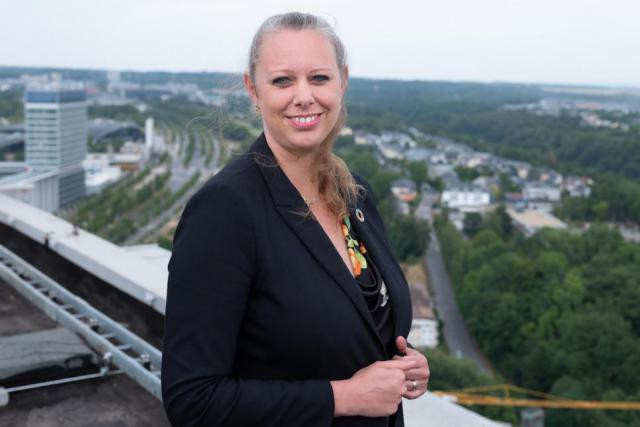The so-called “Naturpakt” is a voluntary commitment by communes to take action to protect their local biodiversity for up to 10 years, with the initial plan covering the 2021-2030 timeframe.
Speaking to the members of the press on Thursday, Dieschbourg called the pact a “win-win, for people and for nature”, adding that communes own around 13% of the territory on which such actions have or could take place and that such actions tend to lead to a better quality of life for individual residents.
The Naturpakt functions similarly to the national Klimapakt, and communes can essentially compete through a system of certification if they can meet or exceed targets in categories across six broader themes (see graphic).
If communes have met or exceeded 70% criteria, they are eligible for a gold prize, followed by silver (60%), bronze (50%) or basic (40%). This, in turn, determines the amount of subsidy the commune will be allocated, as well as the cost of internal or external advisers which ideally accompany the communes so they can get progressively better. Dieschbourg added that part of the aim was to encourage “a strategic approach for nature protection, which is lacking sometimes at communes” through “concrete actions”.
Participating communes are eligible for a €10,000 subsidy and then, depending on their certification category, are eligible for a lump-sum subsidy of between €25,000-€70,000, plus a variable subsidy which ranges from €5 to €40 per hectare.
External audits take place at minimum every three years.
While the project has already been piloted in 10 communes, with only one of those achieving the highest certification.
The precise details of the pact are still being worked out but are in the final stages. A workshop is expected to take place on 6 October with key stakeholders to finalise it.
